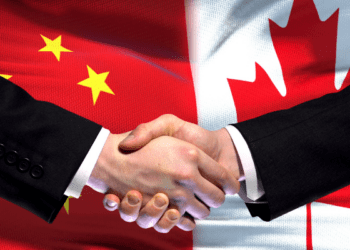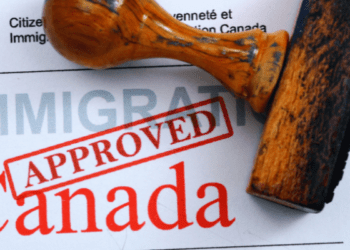Bustling Britain is experiencing the benefits of reducing deficits in the face of dire warnings about ‘austerity’. Why is Canada ignoring such an obvious lesson in fiscal policy?
Brian Lee Crowley and Sean Speer, May 24, 2016
Visiting London one is struck by the city’s renewed dynamism. The streets are bustling with activity. Stores are overflowing with customers. Financial markets exhibit real optimism. The British economy is now the fastest growing in the developed world and may eventually surpass Germany as Europe’s largest. Old London has re-established itself as the economic, social, and cultural capital of the Anglosphere.
It’s been an exciting resurgence that’s been driven in large part by the government’s pro-competitiveness agenda, including so-called “austerity.” It’s a powerful rejoinder to the false warnings that budget cuts would throw the country into an economic malaise. The doomsday scenarios haven’t materialized. The lesson is that governments should exhibit real scepticism for the technocratic, pro-deficit impulse that pervades universities, banks, and international financial institutions.
Rewind to 2010 when the Cameron government was elected with a mandate to get the UK’s public finances under control after several years of fiscal profligacy. It was obvious to most observers that something needed to change. The country’s budget deficit peaked at £150 billion (or more than 10% of GDP) in 2009-10 and more than a £1 trillion has been added to the national debt since 2005. It’s no wonder that the outgoing junior finance minister left a letter for the Cameron government that simply read “I’m afraid that there’s no money.”
Yet the International Monetary Fund (IMF) and its legion of Keynesian technocrats advised against budget cuts. It warned that a focus on deficit cutting was “playing with fire.” And instead called for “loosening the fiscal straitjacket” that the government was purportedly imposing on the UK economy.
The Cameron government, to its credit, ignored this advice and largely stuck to its plan to reduce the country’s massive deficit. In so doing, it was partly influenced by Canada’s successful experience with deficit reduction and fiscal reform in the mid-1990s. The result is the United Kingdom’s deficit-to-GDP ratio has fallen by roughly two-thirds and the economy is experiencing world-leading growth. There’s still more work to be done – the budget deficit still nags for instance – but the general trajectory has been positive and paid significant economic dividends thus far.
And the IMF had to admit it was wrong. As Christine Lagarde, its managing director, conceded in 2014: “We got it wrong. We acknowledged it. Clearly the confidence building that has resulted from the economic policies adopted by the government has surprised many of us.”
The lesson is that sound public finances must be a key part of a pro-competitiveness agenda. Deficit reduction and balanced budgets provide the fiscal foundation to a low-tax, pro-investment policy agenda and send a signal to investors about the stability of the economy in the short- and long-term.
It’s a model that governments around the world ought to draw upon, including in Canada. Yet Ottawa seems to be moving in the opposite direction.
The federal budget asserts that “a country can’t cut its way to prosperity” and that we should heed the IMF’s call to “make use of available fiscal room.” Ottawa therefore is poised to run accumulated deficits totalling roughly $120 billion and counting over the next several years in the name of “growth” rather than “austerity.” Nevermind that the previous government’s so-called “austerity” amounted to average yearly spending growth of 3.7 percent and a sizeable overall increase in total government spending over this period. More debt-financed “investment” is at the core of the Trudeau government’s economic agenda.
This is precisely the failed prescription that the IMF set out for the UK and has since been forced to withdraw in face of the overwhelming evidence. It’s odd, then, for Canada to adopt it after Ms. Lagarde acknowledged that her organisation has “been proven wrong by the reality of economic developments.”
The Trudeau government’s purposeful deficit spending is often characterized as a “new approach.” But the lesson from the UK and Ms. Lagarde’s “reality” check is that it’s not only far from new but it has failed when and where it’s been tried. Instead the evidence from Canada’s own experience and London’s busy streets and dynamic markets is that governments don’t need to choose between growth and fiscal discipline.The two can go hand-in-hand.




